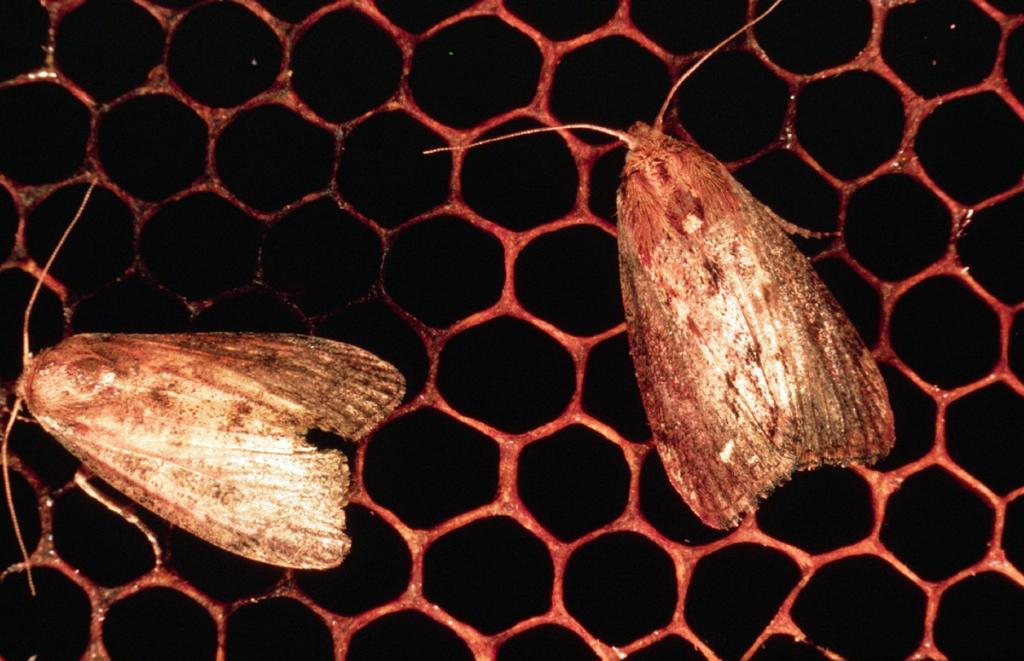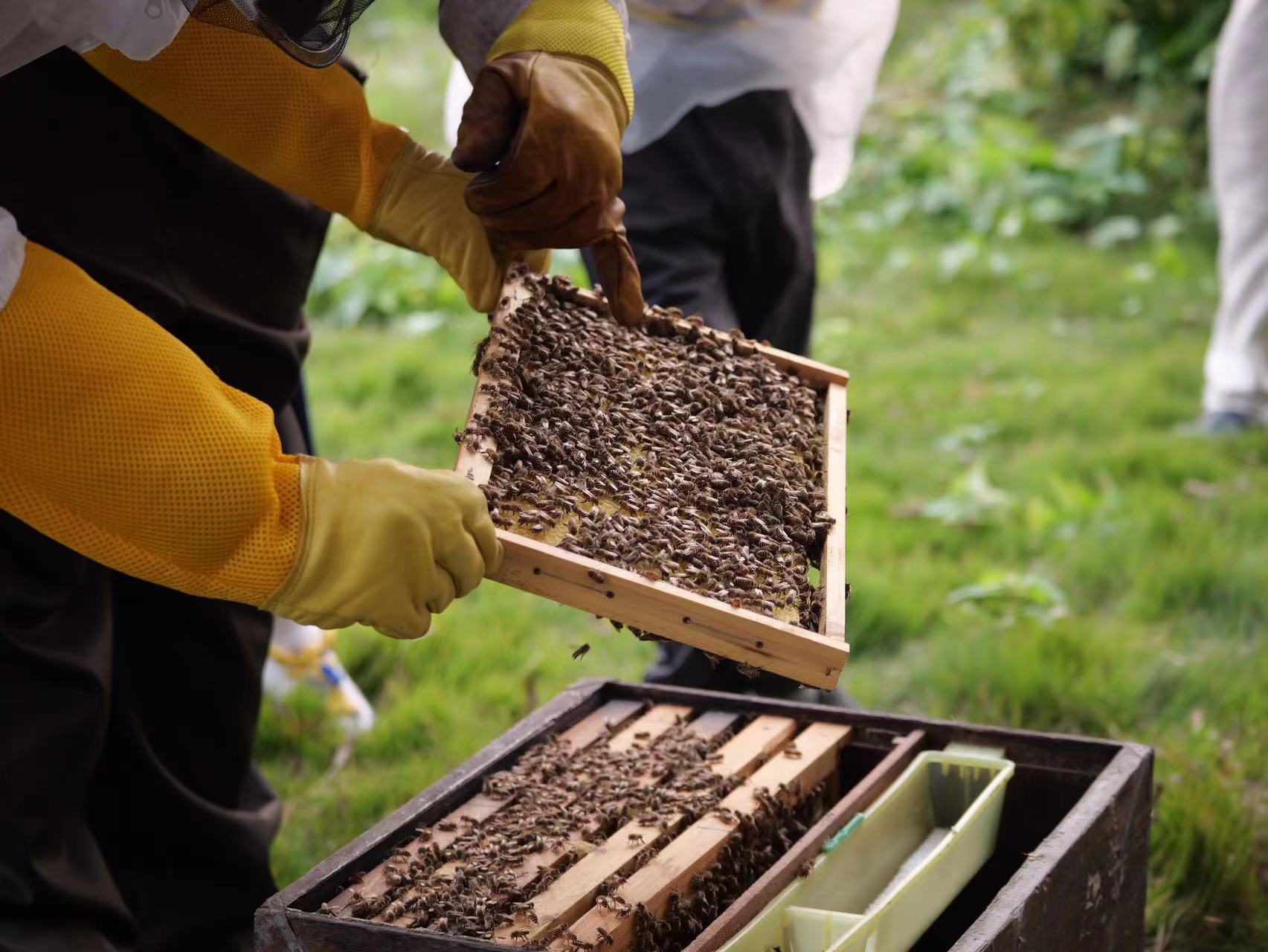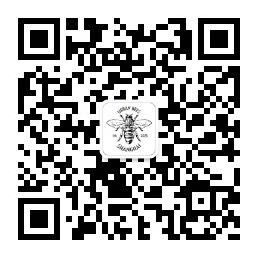Originally from Rome, Marco Sentinelli moved to China five years ago, the 13th country he has lived in in his well-traveled life.
A CEO in the AI industry, the Italian is also the founder and lead beekeeper of Urban Beekeeping Shanghai, a nonprofit, self-funded and independent volunteer organization whose dream it is for “every rooftop to boast a beehive.”
We caught up with him in the hope of creating a bit of buzz for his noble cause…
How did you first get into beekeeping?
My foray into beekeeping began over a decade ago during my years in Germany. My biggest pleasure in life is to learn new skills and abilities, and I started out of curiosity.
With a spacious vegetable garden and orchard at my disposal, it was the perfect setting to start. I quickly became captivated by the intricate social structures of honeybees and their fascinating and complex behaviors.
What is it that attracts you to urban beekeeping?
In our increasingly urbanized world, there’s a growing disconnect from the natural environment. It’s crucial for everyone – particularly young people – to grasp the essential role honeybees play in our ecosystems and the broader implications of our everyday choices.
With bees now gravitating towards urban areas, it became clear to me to make a connection between these trends.

What challenges did you face setting up an apiary in China?
The primary hurdle initially was to secure a location rich in resources for the honeybees, and accessible enough for people to encounter and learn about them.
Nowadays, the greater challenge lies in shifting cultural perceptions; there’s a common fear of bee stings among those interested in meeting the bees, but this often stems from a lack of information and awareness.
Does Shanghai have a good climate for beekeeping?
Shanghai’s climate isn’t ideal for beekeeping, due to the brief spring and autumn, which limits foraging time for the bees. However, the mild winters are a plus, as they aren’t severely cold.
Additionally, Shanghai presents an intriguing variety of flora, including many endemic species that bloom for extended periods, providing bees with a diverse and sustained source of nourishment throughout the year.
What sort of dangers do you have to protect the bees from?
The most significant threat to our bee colonies is human activity – specifically, the careless use of pesticides or insecticides, which can devastate honeybee populations overnight and cause the reduction of their natural habitat.
On the natural side, we’re contending with pests like the wax moth, which is particularly aggressive in Shanghai, laying eggs and wiping out colonies rapidly; last year, we lost two colonies to them.
We respect nature’s role and opt not to use insecticides to combat these pests. Instead, we rely on sound and rigorous beekeeping practices to manage these threats.

The dreaded wax moth, particularly aggressive in Shanghai
More generally, bees seem to be in serious trouble worldwide. Why is that? And what can we all do to help protect them?
The sharp decline in bee populations globally can be attributed to several factors: Reduced crop variety; suboptimal beekeeping methods; and, notably, the use of pesticides such as neonicotinoids – which have thankfully been banned – have all played a role.
Habitat loss, a consequence of human activities like agriculture and climate change, along with diseases and disorders like Colony Collapse Disorder and the Varroa mite, further exacerbate the problem.
For perspective, in 1945 the United States had around 4.5 million bee hives, compared to roughly 2 million today, with an annual mortality rate of about 39%.
Additionally, the variety of bees is dwindling, evidenced by the disappearance of 25% of wild bee species since the 1990s.
Tell us about your dream of “every rooftop boasting a beehive.”
I dream of a future where keeping bees is as ordinary as having a basil plant on your windowsill. A shift in culture is essential, recognizing the critical role of honeybees and other pollinators in our ecosystem.
Legislative backing is equally important; while it’s legal to maintain a beehive on a terrace or in a garden, the reality is that a single complaint from a neighbor can lead to the bees being harmfully removed or exterminated without repercussions.
That’s why our team is at the forefront of developing technology to support urban beekeeping. We’re working on a beehive designed for small gardens and terraces, which not only supports the bees but also makes beekeeping simple and honey harvesting sustainable.
Sounds exciting. What products do you produce, and how do you go about creating them?
We’re fortunate to host several honeybee species, including the Apis Mellifera (or Italian bee), Apis Cerana (Chinese bee), and Apis Dorsata (rock bee), each producing distinct varieties of honey.
Committed to natural processes, we ensure our honey – differently from store bought – is raw (never pasteurized) and unfiltered, preserving all the beneficial elements.

Ethical harvesting practices are core to our operations, employing super boxes to prioritize our colonies’ health above all.
Our exploration into superfoods has led us to create products like fermented bee bread, along with crafting traditional yet lesser-known items such as dry pollen, propolis, and royal jelly.
Among our unique offerings is Space Honey, derived from plants that have journeyed to orbit. Mead, or honey wine, remains a crowd favorite.

We also utilize beeswax for making candles and cosmetics, including chapstick, paw balm, and beard pomade, ensuring nothing goes to waste.
To support our volunteer group’s efforts, we’ve launched a line of stylish hoodies, t-shirts, and bags, blending fashion with our passion for beekeeping.

How do the apiary tours work?
Our tours offer truly ‘hands-on’ experiences. Our aim is for guests to fully immerse themselves in the intricate and balanced world of a honeybee colony’s social life.
That’s why each tour begins with a concise introduction, especially emphasizing how to ‘read a beehive frame.’
This means participants will learn to identify various elements on a frame, which they’ll extract themselves from one of our hives, with guidance from our beekeepers.

Of course, we ensure everyone is well-prepared before this inspection, providing thorough training on using personal protective gear, approaching hives safely, and managing bee stings – though, our bees are so docile that we didn’t record a single sting among over 200 guests in 2023.
Additionally, we offer specialized tours and yearlong educational programs for schools, as well as team-building activities.
Companies and organizations can also participate in our hive adoption program, further supporting our mission and their engagement with environmental stewardship.

Finally, how often do you get stung?
I anticipated your curiosity, and here’s the candid truth – last year, I experienced two stings, both times due to my oversight.
On one occasion, I stood directly in front of a hive dressed in shorts and flip-flops, disregarding the bees’ warning to step aside.
The second incident occurred while I was relocating a gigantic swarm that was otherwise destined to be destroyed; in the process of moving over 80,000 bees, it seems one was not too keen on the change of scenery.
It’s important to note that as you immerse yourself in beekeeping, you’ll develop a tolerance to bee stings.
So, no excuses and join our beekeeping community!

Follow the Urban Bees Shanghai WeChat Official Account…

Or contact Marco Sentinelli directly…

[All images courtesy of Marco Sentinelli / Urban Bees Shanghai]
Note: This article have been indexed to our site. We do not claim legitimacy, ownership or copyright of any of the content above. To see the article at original source Click Here








/images/da2c285a/59a9/4a51/9db7/301d8fa3c853.jpg)




